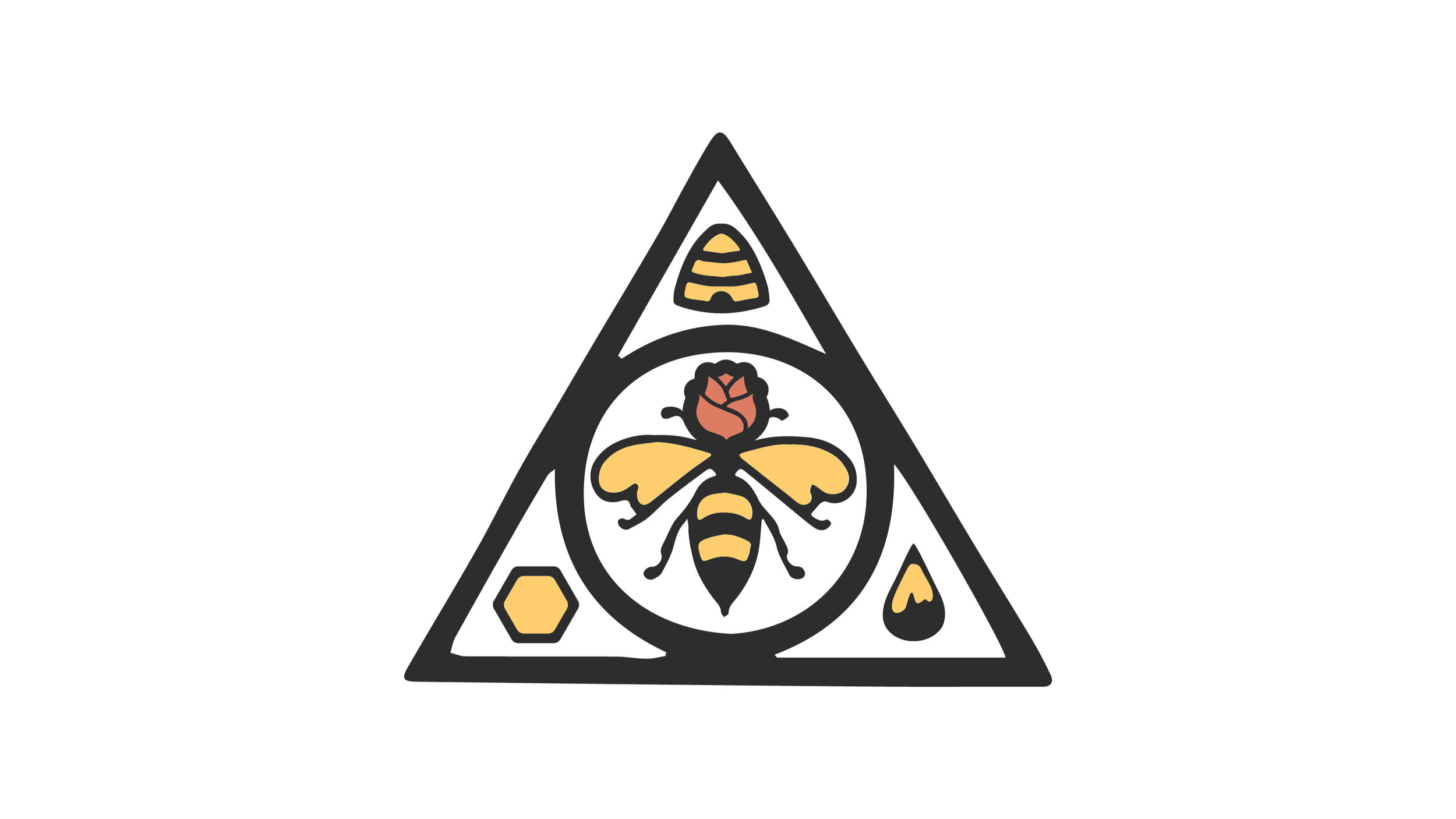Ten : The Way of the Bee
/Many years after reading Zen and the Art of Motorcycle Maintenance I discovered Sir Francis Bacon. You know the feeling you have when you read something that completely hits the nail on the head of what your intellect and intuition tells you is true, and in a beautifully succinct and loaded way? That is what this quote below is from Francis Bacon’s The Novum Organum (The New Method, or true directions concerning the interpretation of nature) published in 1620 as the second part of his six part master plan for the total renewal of arts and sciences called The Great Instauration. When I read this, I heard bells ringing, and I knew Phaedrus and Sir Francis Bacon were both travelers in the same High Country of the Mind, just 375ish years apart. Spirit animals. Can you make the connection between the Classic/Romantic Dichotomy and the Way of the Bee? Bzzzzz. #brainhoney
“Those who have handled sciences have been either individuals of experiment or individuals of dogmas. The individuals of experiment are like the ant, they only collect and use; the reasoners resemble spiders, who make cobwebs out of their own substance. But the bee takes a middle course: it gathers its material from the flowers of the garden and of the field, but transforms and digests it by a power of its own. Not unlike this is the true business of philosophy; for it neither relies solely or chiefly on the powers of the mind, nor does it take the matter which it gathers from natural history and mechanical experiments and lay it up in the memory whole, as it finds it, but lays it up in the understanding altered and digested. Therefore from a closer and purer league between these two faculties, the experimental and the rational (such as has never yet been made), much may be hoped.”
- Sir Francis Bacon, The Novum Organum. 1620.



